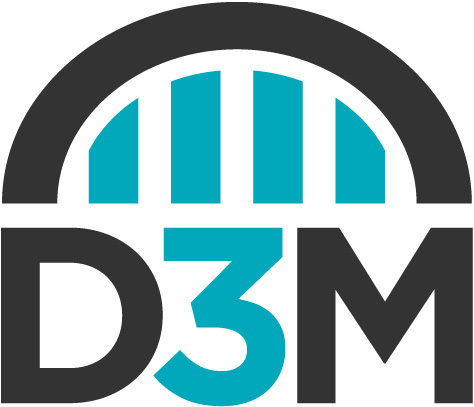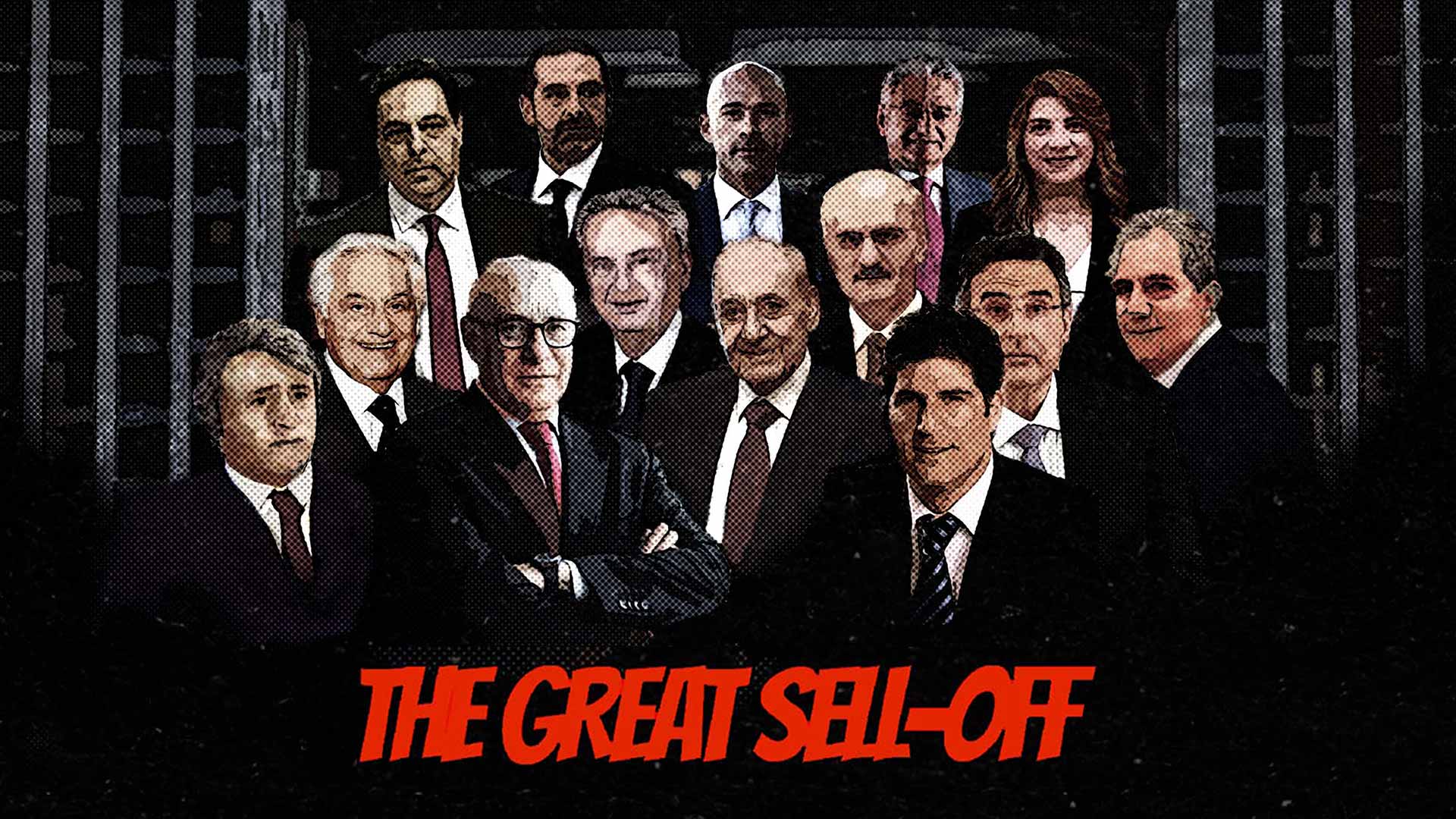Background
In October 2019, Lebanon’s financial crime of the century came to light. It became apparent that Lebanese commercial banks, in cooperation with Lebanon’s central bank, Banque du Liban (BDL), had squandered the savings of the country’s depositors. Having presided over a regulated Ponzi scheme for years, bankers then imposed an illegal capital controls regime to restrict access to their remaining foreign currency reserves. Most depositors were unable to access their full savings, in breach of domestic and international laws. At the same time, the country’s bankers, politically exposed persons (PEPs), and other connected parties were able to transfer large sums overseas. As ever, Lebanon’s politico-banking elites have cynically shunted the country’s financial losses onto ordinary depositors.
Unfortunately, Lebanese depositors have limited legal options for recovering their money. In November 2019, the Depositors’ Union (DU) was established by human rights defenders – including journalists, economists, and lawyers, to offer coordination and lobbying services for Lebanese small-to-medium depositors, providing legal advice and tracking proceedings in local and foreign jurisdictions. While this coordinating body helps, the DU alone cannot overcome certain formidable legal obstacles for depositors, even though their contractual claims are compelling. Within Lebanon, the corrupt judiciary and compromised government have shown precious little interest in allowing depositors to sue local banks. More promising legal options exist in overseas courts, but typically demand that claimants have foreign citizenship and significant personal wealth to meet legal fees.
These circumstances have driven progressives to challenge the capital controls regime through a comprehensive boycott, divestment, and sanctions (BDS) campaign. The BDS initiative supplements other efforts to recover money for Lebanese depositors by building pressure against both the commercial banks and BDL, with a view to forcing banking elites to negotiate a fair allocation of the financial sector’s losses. The campaign seeks to achieve this goal by targeting persons or entities that have significant shares in, and/or management control of, Lebanese commercial banks engaging in illegal confiscation of deposits.
Legal Basis for the DU and BDS
The illegal capital controls imposed by the commercial banks and the ABL flagrantly violate a raft of Lebanese and international laws. Amongst other legislation, ABL and Lebanese banks have breached the Code of Money and Credit (by imposing multiple exchange rates),1 the Code of Commerce (by refusing to repay depositors, in full, upon demand),2 and the Lebanese Constitution (by denying access to personal property).3,4 The country’s central bank has issued several circulars that contravene both the Constitution and the Code of Obligations and Contracts.5 The Shura Council, Lebanon’s highest administrative body, has already deemed that one BDL circular contravened numerous laws and due process guarantees.6 In certain cases, Lebanese bankers have likely breached foreign contract laws, not to mention international rules on money laundering, fraud, and corruption, amongst others.
In addition, depositors could argue that Lebanese and foreign banks have breached their obligations under the United Nations Guiding Principles on Business and Human Rights (the UN Guiding Principles).7 Moreover, the United Nations Convention against Corruption, ratified by Lebanon under Law No. 33 of October 16, 2008, represents a strong legal foundation for the activities of the DU within the BDS campaign. Commercial banks, in collusion with the BDL, acted in direct contravention to the United Nations Universal Declaration of Human Rights,8 the International Covenant on Economic, Social, and Cultural Rights,9 the International Covenant on Civil and Political Rights.10
These various legal violations provide the basis for the BDS campaign against the perpetrators, Lebanon’s banking class. The UN Convention Against Corruption provides for imposing criminal and financial penalties against the perpetrators of financial crimes, as defined under the convention. Foreign authorities can use this punitive regime, established under international law, to justify endorsing and assisting the BDS campaign. In doing so, the global community can finally hold Lebanon’s bankers accountable for their gross misconduct and ensure that Lebanese depositors receive the support that they deserve.
BDS Components, Targets, Objective
1. Objective
The BDS campaign aims to create adverse legal, financial, reputational, and social consequences for the targeted individuals and entities. This objective will be pursued through the initiative’s three key branches.
Boycott: The targets’ consumers or business partners, including governments, businesses, and the public – will be encouraged not to transact with the targeted parties. The boycott will also extend to academic and social settings for targeted entities. Triangle has already commenced research on identifying targets for the boycott campaign (see below).
- Divestment: The targets’ investors, be they governments or private entities, will be encouraged to divest their shareholdings or business interests in relation to the targeted parties.
- Sanctions: Foreign governments will be encouraged to impose punitive legal sanctions on the targeted entities. The sanctions regime should impose penalties on targets such as asset freezes and travel bans, while also extending penalties on third parties unless they divest common economic and equity interests. Already, progressive actors in Lebanon have petitioned various foreign governments to impose a sanctions regime on the targeted entities, by sending letters to foreign embassies and visiting state representatives in person.
Through these avenues, the BDS campaign intends to generate legal, commercial, and social pressure on Lebanese banking elites to negotiate fairly with Lebanese depositors. For each course of action, progressives can spread awareness about how governments, businesses, and the general public can participate in the BDS campaign.
2. BDS Targets
Already, the BDS campaign has a clearly defined, four-pronged range of targets for the initiative’s various courses of action. The first targeted category comprises individuals and entities that hold management positions, effective management control, or significant equity (1 percent shareholding or more) in Lebanese commercial banks. The BDS campaign has set the minimum shareholding threshold to separate ordinary holders of publicly traded shares – most of whom bear no culpability for the illegal capital controls regime – from those in positions of power. At the same time, the threshold does not exceed 1 percent given that dominant shareholders often distribute shares to family members and associates to obscure their central roles in bank decision-making. The second targeted category includes BDL officials who exercise management control over the BDL’s Central Council, or bodies falling under the oversight of the Central Bank Governor and Vice Governors. The third targeted category encompasses individuals and entities with economic interests linked to Targets 1 and 2. Finally, the fourth category comprises individuals and entities which have received financial or in-kind support from targets identified under categories 1 or 2.
Recommendations
Conduct detailed and validated research on BDS targets. In order to provide a foundation for the campaign, the DU and other opposition groups will need to formulate detailed and ongoing research to identify persons and entities which fall under the aforementioned targets. Due to the unavailability of timely and accurate information surrounding ownership, management of commercial bank (or for that matter appointments at the BDL), a variety of sources should be employed according to a specific validation method.
Build a coalition of independent opposition groups that support the BDS campaign. The primary recommendation is to unite and mobilise groups that share common goals of seeking justice for depositors and holding banking elites accountable. Interested organisations can support the BDS initiative by using their influence and contacts to drive forward the movement’s various activities, preferably under a formal coalition agreement. To participate, organisations must meet certain selection criteria: they must not have current economic interests in targeted entities, should have a formal institutional structure (individuals can sign up as direct members, however), and must be willing to contribute time and resources to campaign research and implementation.
Maintain the BDS campaign’s financial independence. At all times, the BDS coalition must adhere to transparent funding criteria, whereby financial contributions are provided under clear memoranda of understanding (MOUs). BDS campaign members can explore the option of fully advertising all funding sources, with a view to establishing complete transparency. The campaign may also explore the potential for receiving in-kind support.
Ensure discipline in relation to legal liability. A key limitation of the BDS campaign is that different sources of information (commercial registries, company/BDL website, international financial institutions, etc.) sometimes provide conflicting information about the identities of bank management and shareholders. The challenge stems from poorly enforced corporate governance requirements in Lebanon, which have permitted lax reporting practices by banks and other companies. In light of these limitations, BDS campaign members must always insert legal disclaimers on published material, lest they expose themselves or the BDS campaign to libel or defamation proceedings. Such a disclaimer will need to recognize the inconsistency of aforementioned data across different platforms (including official platforms such as the BDL website, the websites of commercial banks, and the commercial registry of Lebanon).
Stress that the BDS campaign does not target individuals or entities indiscriminately. The BDS coalition should remain wary of possible opposition to the initiative on the basis that it potentially harms those who have limited or no culpability for the illegal capital controls regime. Accordingly, the BDS campaign must clearly communicate the honed criteria for identifying targets, which ensures fairness to the greatest extent possible. So, for instance, it should be stressed that the BDS campaign does not apply to commercial bank employees (e.g. bank tellers), unless they have management control. Similarly, the project does not target normal civil servants with the BDL who work in non-management positions.
Begin preparatory work immediately. As short-term steps, BDS coalition members should begin developing criteria for membership and funding, contacting potential members and partners, designing basic campaign strategies for each of boycotts, divestments, and sanctions, and building open platforms (both in an official website and social media presence). Of course, participating organisations should also continue conducting research to identify targets under the established criteria.
Annex 1: Glossary of Terms
- Persons & Entities: Legal persons or entities in all their forms, whether domiciled in Lebanon or outside of Lebanon.
- Economic Interests: Consists of any right to share in the income, gains, losses, deductions, credits, distributions or similar items.
- Equity Interests: Consists of any share (across share classes), capital stock, partnership, member or similar interest in any entity, and any option, warrant, right or security (including debt securities) convertible, exchangeable or exercisable therefore.
- Significant Equity: Defined on a case-by-case basis as relevant to the entity in question. However, the threshold of 1 percent will be typically employed as the basis for significant equity interests across share classes.
- Management Control: Executive-level management of legal entities, generally by persons in C-Suite positions. The scope of management control can be expanded (for instance to non-executive management or other senior management positions) when the role or actions of persons in question have a direct effect on the illegal confiscation or application of exchange rates in Lebanon.




